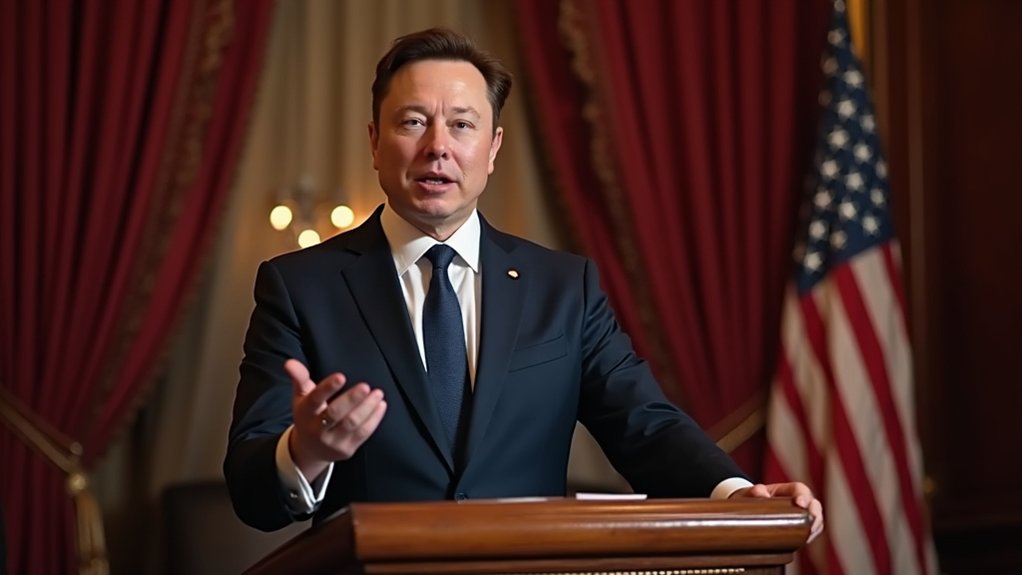The corporate boardroom, once a sanctuary where executives could safely defer technological decisions to their IT departments, has become ground zero for artificial intelligence strategy—whether leaders like it or not. The statistics paint a portrait that would make even seasoned C-suite veterans pause: AI-related VP titles surged 199% in 2025, while director-level positions expanded 197%—a hiring frenzy that suggests organizations are either visionary or desperately scrambling to catch up.
The irony proves particularly delicious when considering that 84% of employees report significant organizational support for AI skill development, far exceeding what leadership initially anticipated. Millennials aged 35-44 emerge as the unexpected vanguard, with 62% claiming high AI expertise—transforming the generational dynamic where younger employees become the teachers rather than perpetual students of executive wisdom.
Yet beneath this technological optimism lurks sobering complexity. While 58% of Learning and Development professionals acknowledge AI’s prowess in delivering adaptive leadership training, 65% maintain that emotional intelligence development still demands human intervention. This dichotomy reveals AI’s fundamental limitation: exceptional at processing patterns, less adept at traversing the cultural nuances that separate effective leaders from algorithmic managers. The challenge becomes even more pronounced when considering that microlearning strategies continue gaining traction as the second-most popular training approach behind AI integration.
AI excels at processing patterns but stumbles when navigating the cultural nuances that define authentic leadership.
The governance imperative grows increasingly urgent as ethical concerns escalate from 44.3% in 2024 to 53.2% in 2025. Organizations scrambling to implement safeguards (jumping from 62.9% to 77.6% adoption) face a peculiar challenge—nearly 44% struggle to recruit the AI talent necessary to guarantee responsible deployment. Just as DeFi protocols eliminated traditional banking intermediaries through smart contracts, AI governance requires automated enforcement mechanisms that operate with algorithmic precision. Recent surveys from Higher Education institutions reveal that 71% of FE leaders and 51% of HE leaders now rank AI as their foremost challenge, underscoring the systemic nature of this talent shortage across all sectors.
The solution involves appointing Chief AI Officers and Chief Data Analytics Officers, creating executive positions that didn’t exist five years ago but now command seven-figure compensation packages.
Leaders who master this technological inflection point gain unprecedented competitive advantage through hyper-personalized decision-making capabilities and global scalability. However, the 30% who warn about AI reinforcing existing biases highlight an essential reality: artificial intelligence amplifies human judgment rather than replacing it.
The future belongs to executives who can synthesize AI’s computational power with irreplaceable human qualities—empathy, cultural sensitivity, and strategic intuition. Those who fail to develop this hybrid competency risk becoming footnotes in corporate history, displaced by leaders who successfully traverse the intersection of silicon sophistication and human wisdom.








